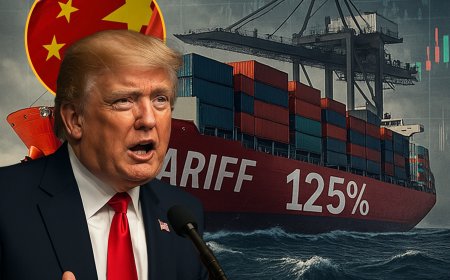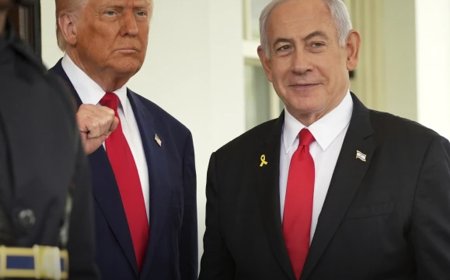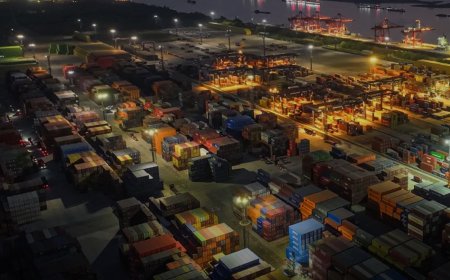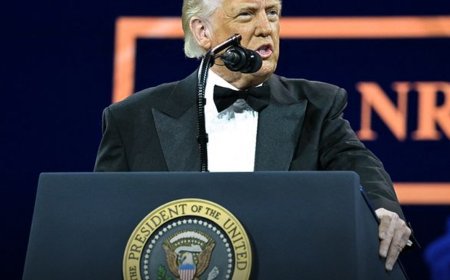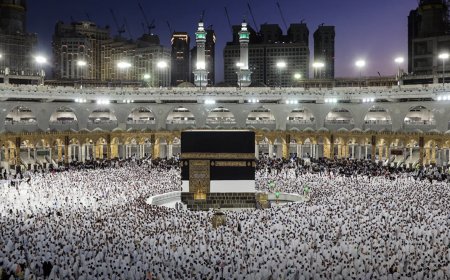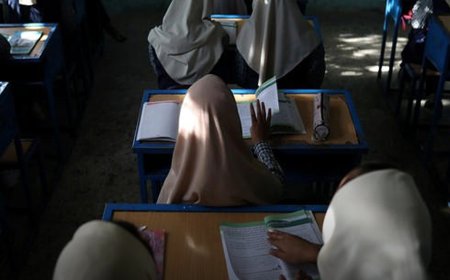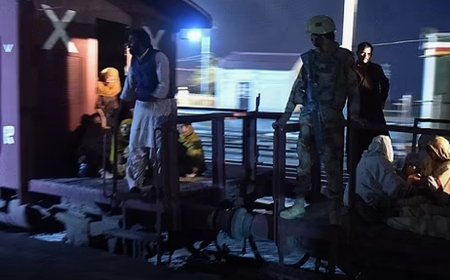How Pakistan Changed in 2024: A Year of Turmoil, Resilience, and Hope
The year 2024 brought a mix of challenges and triumphs for Pakistan. From escalating violence and political instability to economic milestones and moments of pride on the global stage, the nation’s journey was as tumultuous as it was defining.
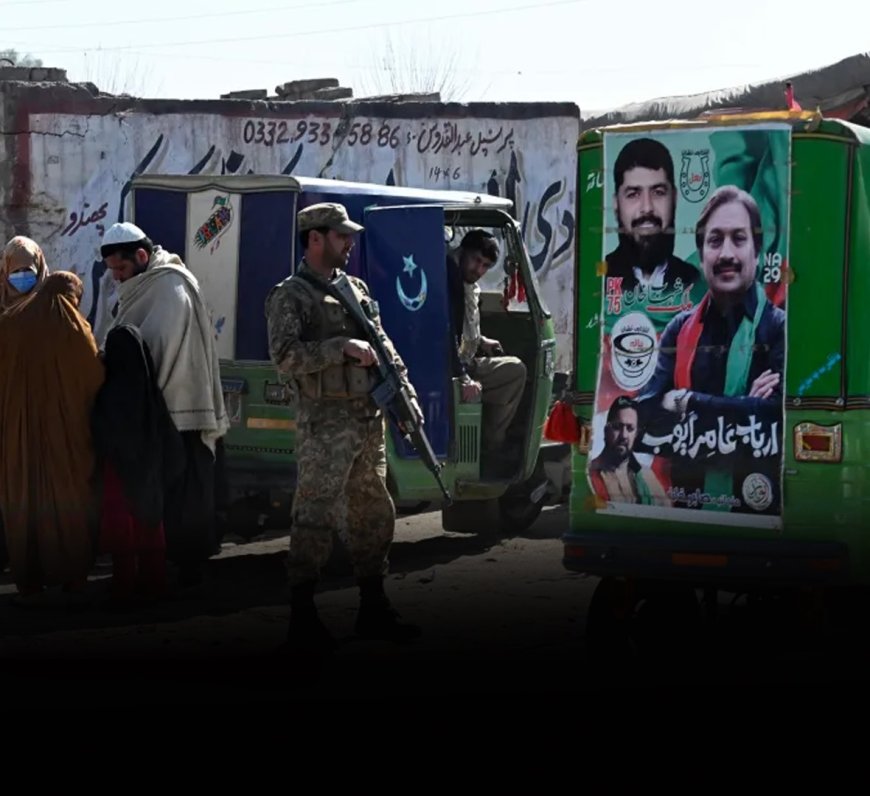
Islamabad, Pakistan – The year 2024 brought a mix of challenges and triumphs for Pakistan. From escalating violence and political instability to economic milestones and moments of pride on the global stage, the nation’s journey was as tumultuous as it was defining.
Rising Violence and Regional Turmoil
Violence surged in 2024, particularly in Khyber Pakhtunkhwa and Balochistan. The country saw 444 terror attacks, resulting in the deaths of 685 security personnel and nearly 1,000 civilians – a grim nine-year high, according to the Center for Research and Security Studies (CRSS).
Attacks by the Pakistan Taliban (TTP) and Baloch separatist groups, coupled with sectarian conflicts, underscored the government’s struggles to maintain order. The volatile Kurram region alone witnessed over 150 deaths due to sectarian land disputes.
In December, Pakistan launched air raids in Afghanistan, accusing its western neighbor of harboring TTP fighters. The strained relations with Afghanistan added a diplomatic layer to an already fraught security situation.
A Divisive General Election
The much-anticipated general elections in February 2024, initially delayed from 2023, were marred by allegations of vote manipulation. While independent observers and global bodies criticized the electoral process, the government rejected accusations of interference.
The election resulted in a coalition government, excluding Imran Khan’s Pakistan Tehreek-e-Insaf (PTI) party, which was disqualified before the vote. However, PTI candidates, contesting as independents, secured a majority, showcasing Khan’s enduring popularity despite his imprisonment and legal troubles.
Khan, a polarizing figure, faced hundreds of legal cases ranging from sedition to corruption. Yet, his supporters, defiant in the face of censorship and crackdowns, propelled his party to significant wins, marking one of the most contentious political comebacks in Pakistan’s history.
Economic Recovery Amidst Challenges
On the economic front, Pakistan narrowly avoided default by securing a $7 billion IMF bailout. Under Finance Minister Muhammad Aurangzeb, fiscal policies stabilized the economy, raising foreign reserves from $3 billion in 2023 to $12 billion by year-end. Inflation also dropped dramatically from 38% to 5%.
However, the public’s confidence remained shaky. Over 700,000 Pakistanis emigrated for better opportunities, while thousands more risked dangerous migration routes. Despite economic progress, experts emphasized the need for long-term stability and reforms.
The Great Firewall and Deepening Censorship
Pakistan made headlines for tightening its grip on digital freedoms in 2024. The government implemented a China-like “Great Firewall,” restricting internet access, blocking social media platforms like X, and limiting VPNs.
The country’s online landscape, which contributed $3.5 billion to the economy in 2023, faced significant setbacks as internet shutdowns became routine. Critics decried these measures as a step toward authoritarian control, stifling dissent and public discourse.
A Spark of Hope: Arshad Nadeem’s Olympic Gold
Amid the chaos, one moment of pride united the nation. On August 8, 2024, at the Stade de France, Arshad Nadeem, a 27-year-old javelin thrower, made history with a record-breaking 92.97-meter throw to win Pakistan’s first individual Olympic gold medal.
Nadeem’s achievement was a beacon of hope, reminding Pakistanis of their resilience and potential to shine on the global stage.
Looking Ahead to 2025
As 2024 ends, Pakistan stands at yet another critical juncture. The challenges of violence, political instability, and censorship persist, but the year also showcased the nation’s capacity for resilience and progress.
Will 2025 bring less “interesting times”? Only time will tell.
What's Your Reaction?







